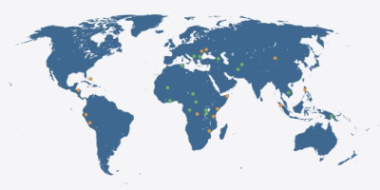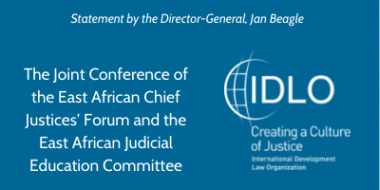Leaving no one behind: Economic development in Eastern Europe and Central Asia
By Margarita Meldon, Regional Program Manager for Central Asia; Filippo Ghersini, Program Coordinator for Commercial and Economic Law; and David Tanenbaum, Commercial and Economic Law Advisor













